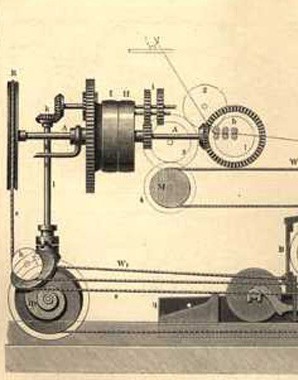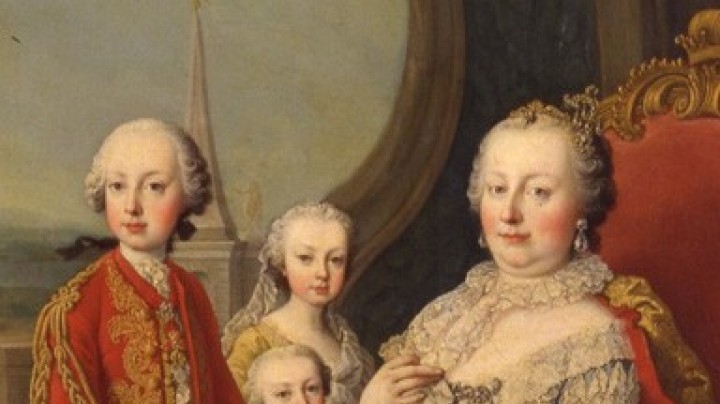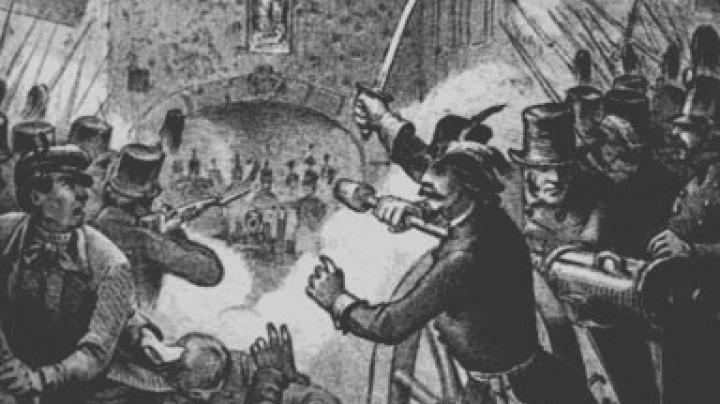Does competition stimulate trade? Journeymen in Vienna protest against the ‘manufactories’
Feeling themselves threatened by both the ‘manufactories’ and women workers, the journeymen of a number of crafts turned to ‘good’ Emperor Franz II (I). He could not help them either, and instead had the leaders of the protest arrested.
Lament of the journeymen of the Vienna weavers’ guildIf those in charge, the ones who keep
An eye on law and order,
Knew how the likes of us do weep
These days – which Joseph ne’er’d thought o’.
O that good king died far too soon,
He never meant no ill,
For all mankind he was a boon,
So all honour to him still.
But Franz he listens to his folk
No matter who they be,
Burgher, prince or simple bloke,
He treats all equally –
And so we send our plea to him
Because we feel downtrodden,
And if he lends to us his ear,
Why, that’ll bring us some good cheer.
The journeymen of the Vienna weavers’ guild were so incensed by the fact that Franz II (I) was doing nothing that they followed the Emperor all the way to Schönbrunn. They composed a lament which was intended to make the Emperor support their cause.
For the craftsmen organized in their guilds the manufactories represented a real threat. The privileges granted to their owners allowed them to take on as many workers as they wanted, whereas the guilds laid down strict rules: masters, journeymen and apprentices had to be Catholic and born in wedlock; only a specific number of businesses was allowed in order to keep down competition; a woman was allowed to be a master only if she was the widow of a master and took over his business. In craftsmen’s workshops women did only subsidiary tasks, whereas in the manufactories they were allowed to do all kinds of work. Factory owners preferred to employ women workers because they were cheap, receiving far lower wages than for example those the journeymen were paid for the same work. Hence the manufactories could make and sell products more cheaply.
The masters in the guilds responded to this pressure on wages and prices by employing fewer journeymen, resorting instead to daughters and wives who worked without payment or cutting the wages paid to journeymen. The journeymen saw their existence threatened by the employment of women and equally by the low wages paid to children and juveniles, against which they launched vociferous protests. In a petition to the emperor in 1792 the journeymen of the silkware makers’ guild complained that the owners of manufactories were allowed to employ ‘ alongside many youths’ also ‘as many womenfolk as they pleased’. The Vienna city council recommended to the government that the ringleaders of the protests be arrested or expelled, whereupon many of the journeymen had to leave the city.















